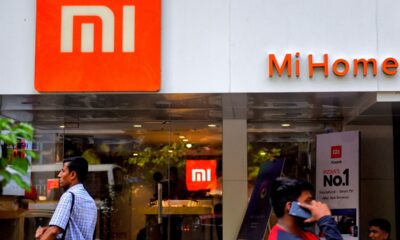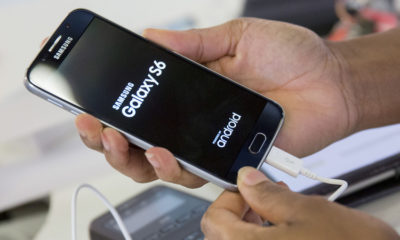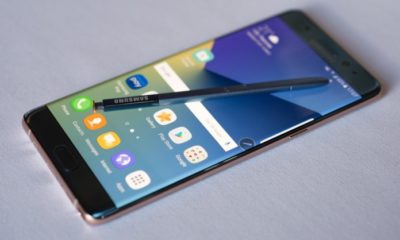Technology
Smile Launched 4G Enabled Dual-Sim Smartphone

Technology
Starlink Pulls Plug on Ghana, South Africa, and Others
Technology
Nigeria’s Broadband Penetration Stalls at 42.53% Amid Connectivity Challenges
Technology
iPhone Shipments Drop Amid Resurgence of Android Rivals
-



 Forex2 weeks ago
Forex2 weeks agoZiG to the Rescue: Zimbabwe Shifts Gear with New Currency Backed by Gold
-





 Naira1 week ago
Naira1 week agoDollar to Naira Black Market Today, April 9th, 2024
-

 Naira4 weeks ago
Naira4 weeks agoDollar to Naira Exchange Rate at Black Market Today, March 21st, 2024
-

 Company News4 weeks ago
Company News4 weeks agoNNPC Gears Up for Public Listing, Embraces Full Commercialization
-





 Naira2 weeks ago
Naira2 weeks agoDollar to Naira Black Market Today, April 8th, 2024
-

 Billionaire Watch1 week ago
Billionaire Watch1 week agoNigerian Billionaire Tony Elumelu Contemplates Acquiring NPFL Club
-





 Naira3 weeks ago
Naira3 weeks agoDollar to Naira Black Market Today, March 26th, 2024
-





 Naira1 week ago
Naira1 week agoNaira Hits Eight-Month High at 1,120/$ Amidst Central Bank Reforms
















